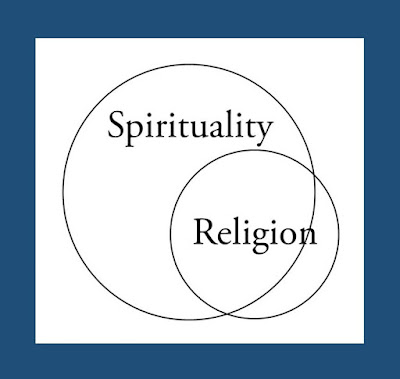The Battle for My Zen Soul

“Get behind me, Satan!” Is it possible to have grown up in this Christian-influenced land without hearing quoted Jesus’ rebuke of Peter’s counsel? I doubt it. Certainly even non-Christians have heard it echoed in one form or another, if only in faux reproach for having tempted a friend with a decadent dessert or something! Buddhism, similarly, is a tradition in which demonic influences tempt our hero, perhaps most notably right before he realizes enlightenment. Just as Jesus was tempted to act contrary to divine plan, so the Buddha was tempted by Mara’s efforts to foil his ultimate awakening. Are we to take literally these struggles of good against evil, for want of a better description, or are they best interpreted figuratively? I think most Western Buddhist practitioners would lean to the latter. Largely, we’ve moved beyond the dualistic thinking that leads us to think of this thing or that person as inherently good and another as inherently evil. And yet we still ...






